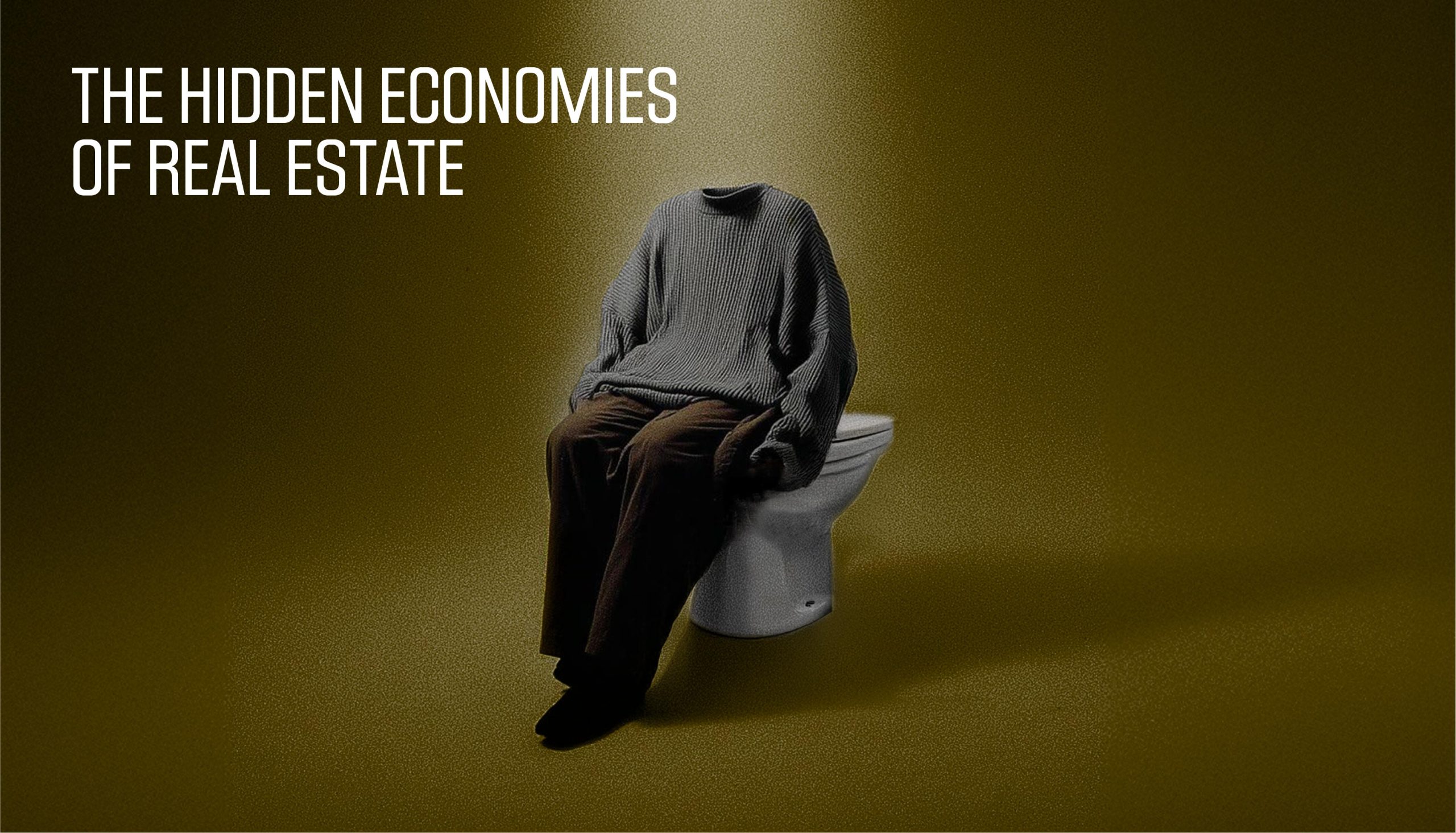- Wage growth is not up to par with the increase in food prices
- PETRONAS and Eni to form up a JV to develop assets in Indonesia and Malaysia
- Spritzer to double down in Singapore
IN Malaysia
Is Malaysia becoming more and more unlivable?
Deputy Governor Marzunisham Omar revealed that for the 1Q2020 to 1Q2025, the Consumer Price Index cumulatively increased by 9.8%, while prices for food and beverages rose even higher at 17.5%. The Consumer Price Index (CPI) tracks the cost of 13 main groups of goods and services purchased by Malaysians, updated weekly (perishables), monthly (non-perishables), or quarterly (rents). The CPI is used to measure how living costs are changing, making it one of the most important indicators monitored by the government. Rising food prices are a critical issue, as according to the Statistics Department (DOSM), due to the pricier foods, the purchasing power of Malaysian households has declined by 69.1% over the past five decades. Every month, the average Malaysian household spent RM841 (16.3%) of their total average monthly household expenditure (RM5,150) on the Food & Beverage category in 2022. This was the highest average expenditure among all categories. As a comparison, Americans only spend 6.4% of their household income on food.
In contrast, nominal private sector wages per worker increased by only 7.9% over the same period. So, in real terms, wages per worker declined by 1.9%. It poses the question of why our wages do not grow at the same pace as the price of goods and services. Are Malaysians getting malas? Are the younger workforce prioritising the work-life balance mantra until it affects productivity? The answer is no and no. Data from the 1Q2022 to 2Q2025 revealed that productivity per worker rose by 7.4%, yet real wages declined during the same period. To put it in simpler terms, at the micro level, the taukehs are stingy in increasing the pay scale. Additionally, on the ground, there are not enough high-skilled jobs available, as between 2022 and 2023, about 260,000 fresh graduates entered the job market, but only 150,000 high-skilled jobs were created annually at the time. That is why we see underemployment among graduates remaining high, about 36% of our graduates are working in mid- or low-skilled jobs, simply because they cannot secure high-skilled employment.
https://asianews.network/food-inflation-burning-a-hole-in-malaysian-household-budgets/
Apart from consuming more expensive food and beverages, Malaysians are also consuming less healthy food. Speaking at EPF’s International Social Wellbeing Conference, economist Jomo Kwame Sundaram told Putrajaya that it needs to rethink its government nutrition programs and public health policies, as at the moment, they are clearly not working. Jomo stated that the Government cannot rely on market mechanisms alone, such as the sugar tax, to reverse the chronic illness prevalence, such as diabetes, where nearly one in four adults are now living with the disease. Not saying to say that I also have diabetes, but at the moment, I am writing this article on my laptop that is parked on my dad bods fanny pack. I am pretty sure a few rounds of pickleball will not solve this health issue. Time for a radical change from the Government level down to the individual rakyat level like myself.
Business news
- Building on top of the pact signed by PETRONAS and Italian oil & gas giant Eni in February, both companies recently announced that they will press ahead with the planned joint venture to develop assets in Indonesia and Malaysia, with a formal agreement to be signed by the end of the year. Via the planned joint venture, they could deliver in the medium term up to 500,000 barrels per day of oil equivalent (boe), combining about 3 bil boe of reserves with an additional 10 bil boe of potential exploration upside. By comparison, Eni’s total hydrocarbon production was 1.71 mil boe last year.
- Malaysia’s own Spritzer Bhd will spend up to RM100 mil this year to upgrade and expand its production, which is based in Taiping, Perak. At the moment, the company can produce up to 1.25 bil litres of bottled water annually. The production expansion might be the prelude to the company’s intention to increase its market share in Singapore, where the company is targeting growth in on-trade and off-trade segments. On-trade refers to sales for on-premise consumption, such as in bars, restaurants, and hotels. Off-trade refers to sales for consumption elsewhere, typically at home, and includes retail outlets like supermarkets and liquor stores.
Around the S.E.A.
Thailand is in another turmoil that could derail its economic growth
After both Thailand and Cambodia recently clashed at the border, which led to the death of a soldier, a telephone conversation between Thailand PM Paetongtarn Shinawatra and former Cambodian Premier Hun Sen was leaked, where Shinawatra was allegedly criticising the Thai military for causing the border skirmish, to Hun Sen, whom she referred to as ‘uncle’. Although Paetongtarn stated that the language used in the conversation was part of a ‘negotiation tactic’ and she has no issue with the military, however, the damage was done. Thailand’s Bhumjaithai party, the second largest party in the ruling coalition, has announced its withdrawal from the government and all eight ministers from the party have tendered their resignations. Bhumjaithai’s departure leaves the ruling bloc with only a few seats above the 248 needed for a parliamentary majority. If any other coalition partner pulls out, the government may be forced to call a snap election. Another change in government may be the last straw for the Thai economy as according to Poonyawat Sreesing, senior economist at Siam Commercial Bank’s Economic Intelligence Center (SCB EIC), she said the Thai economy has been pressured by political uncertainty for some time, but cannot withstand the severe shock from a House dissolution. Another analyst, Yunyong Thaicharoen, chief economist and sustainability officer at SCB EIC, said a cabinet reshuffle should be done swiftly to minimise negative consequences on the economy.
For your EYES only
The price of oil globally may be on the rise as Iran is set to restrict the movement at the Strait of Hormuz, where about a fifth of the world’s oil passed through it.
TERKINI
SEMUA MINYAK LALU SELAT HORMUZ KENA MINTAK IZIN IRAN
Bermula esok semua kapal tangki minyak dan LNG harus meminta kebenaran untuk melalui Selat Hormuz maklum bekas Menteri Ekonomi Iran kepada Agensi Berita Fars
Dasar ini akan berjalan selama 100 hari bertujuan memberi… pic.twitter.com/TiRXN5XiSO
— Irfan_newboys🇲🇾🇵🇸🏳️🏴 (@Marchfoward) June 18, 2025







